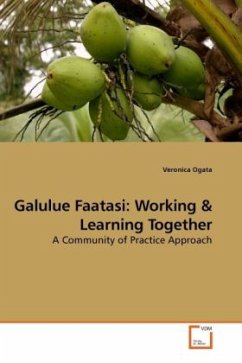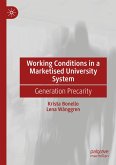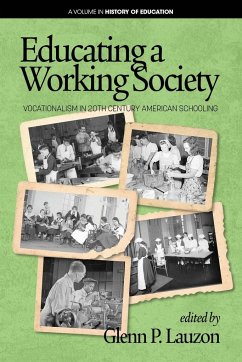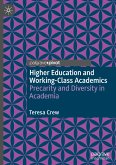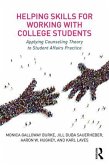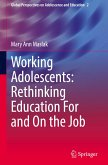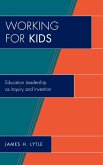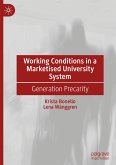The community of child care providers is generally represented by individuals who have little or no preparation and experience in working with children with disabilities. Traditional training approaches have been slow to respond to meeting the training needs of these providers. The major problem has to do with the fact that all training decisions are often made by the trainer, and the approach is often not culturally responsive. The development of culturally responsive training approaches is critical to the success of meeting not only the needs of these child care providers, but also their cultural values, practices, and beliefs. This book provides a training approach, where participants knowledge, experiences, and cultural backgrounds are valued and respected, where they can collaborate with others to enhance their own learning, and engage in collaborative discourse, inquiry, and reflection in a safe and trusting milieu. This approach is known as a Community of Practice. Thisbook should be especially useful to professionals who want to effectively provide training in a culturally responsive and respectful way.
Bitte wählen Sie Ihr Anliegen aus.
Rechnungen
Retourenschein anfordern
Bestellstatus
Storno

